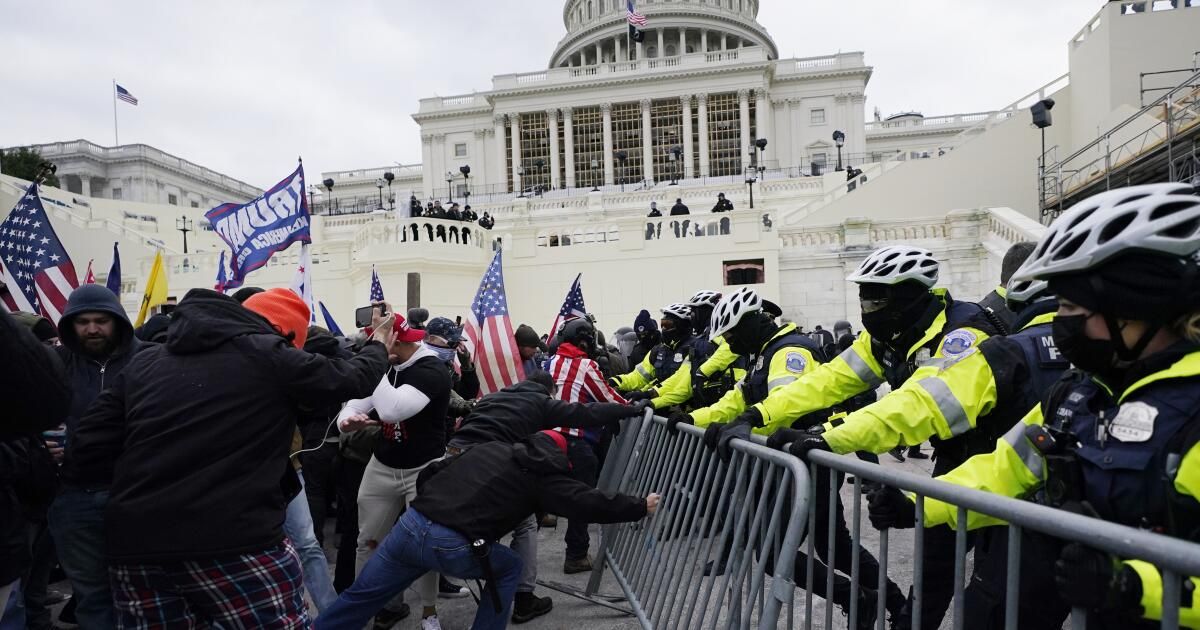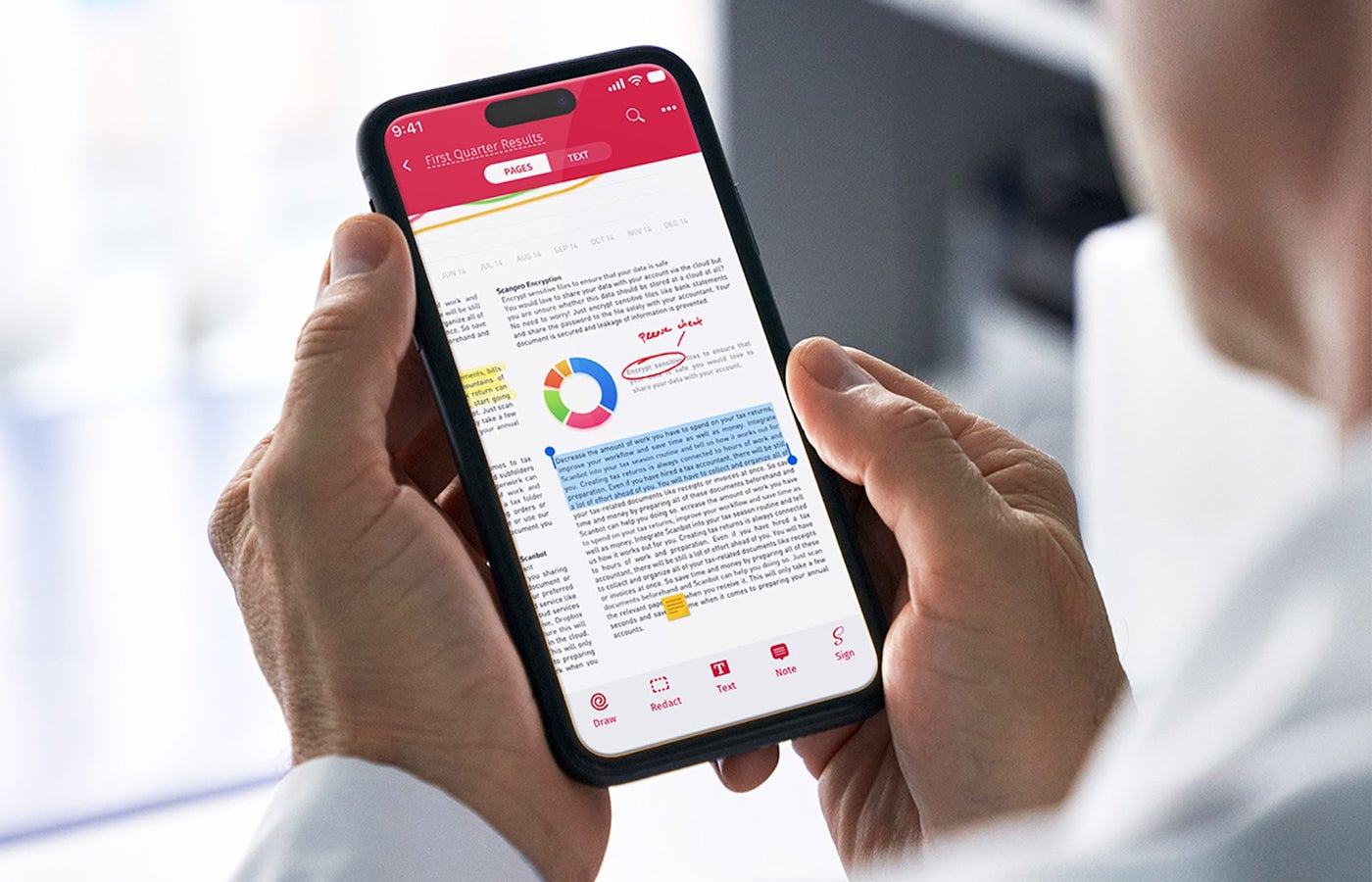The Supreme Court's decision in Fischer v. United States, which was issued among a series of high-impact opinions on Friday, was widely anticipated for its potential impact on the proceedings against hundreds of January 6 rioters, as well as former President Trump, who is charged under the same law. . The court's ruling largely coincided with the tendency of conservative judges to limit criminal laws that they perceive as vague and likely to ensnare the unwary. The majority opinion by Chief Justice John G. Roberts Jr. holds that the Justice Department's position on the obstruction statute at issue would “criminalize a broad swath of prosaic conduct.”
Of course, the decision is good news for Joseph Fischer, who was charged on Jan. 6 and will at least get another trial, depending on whether the department decides to pursue him. Fischer stormed the Capitol that day and was also charged with assaulting a federal officer, among other crimes. But the court held that he could not be charged under federal law with obstructing an official proceeding for joining the melee that delayed the certification of the 2020 presidential election, ruling that the law is limited to conduct that affects the integrity or availability of records that could be evidence in an official proceeding.
Trump will surely try to argue that the court's decision also requires dismissal of two charges against him under the same law in the Jan. 6 federal case. Many of the rioters were, like Fischer, charged under the law and could also benefit from the sentence. But the decision is unlikely to favor most Marauders, and it is even less likely to help Trump.
In the case of rioters, a study published in Just Security persuasively suggests that even if the statute is not available to charge them following the Fischer decision, the government can still prosecute the same conduct in other ways.
The ruling will probably not be helpful to Trump for another reason.
The legal debate in the Fischer case comes down to the meaning of the word “otherwise.” After a section of the law that prohibits altering or mutilating a record, the law goes on to criminalize conduct that “otherwise obstructs, influences, or impedes any official proceeding.” The question is whether the law applies to any obstruction of an official proceeding or only to acts affecting the integrity or availability of records to be used in the proceeding.
But Trump’s alleged conduct certainly affected the integrity or availability of the records — namely, valid lists of presidential electors. His alleged scheme was designed to undermine the legal impact of those lists and replace them with fraudulent certificates falsified at the behest of his inner circle.
Judge Ketanji Brown Jackson's concurring opinion in the case underscores this point. After supporting the majority's interpretation of the term “otherwise,” he concludes that Fischer could still be charged under the statute because the “official proceeding” in question “clearly used certain records, documents, or objects, including, but not limited to , those related to the electoral votes themselves.”
Jackson's hypothetical analysis refers to Fischer himself, but appears to also be intended to encompass the former president's conduct. While Trump is not alleged to have destroyed or altered a document, he is alleged to have “otherwise” impaired the legal effectiveness of the certificates.
The dissenting opinion in the case, written by Justice Amy Coney Barrett and joined by Justices Sonia Sotomayor and Elena Kagan, is an interesting postscript. Barrett maintains that the government's interpretation of the law's text may be expansive, but it sticks to its simple meaning. The opinion is one of several that suggest Barrett, a Trump appointee, is centering the court in certain major cases.
But the more pressing question raised by this decision and the presidential immunity opinion expected on Monday is whether they will undermine the various criminal charges against the former president. The bottom line in this case is that they should not, and I do not believe they will. Trump will surely move to dismiss the charges on this basis, but I expect U.S. District Judge Tanya Chutkan to reject that argument, which would allow the case to proceed as charged — unless, of course, the defendant returns to the White House and makes the entire allegation go away.
Harry Litman is the show's host Podcast “Talking to the Feds” and the Talking about San Diego Speaker series. @harrylitman












